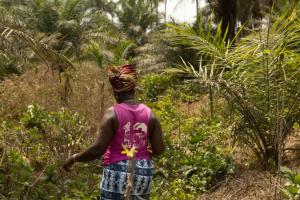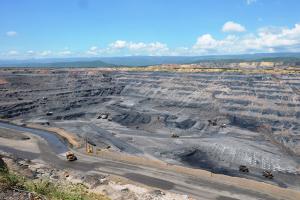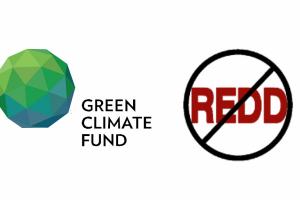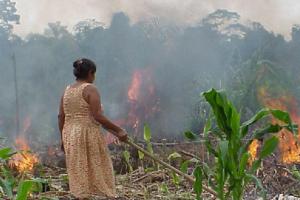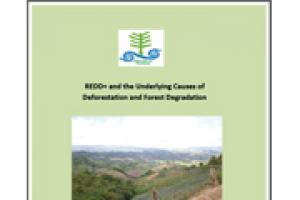Carbon offsetting and REDD
Reducing Emissions from Deforestation and Degradation (REDD+) has become the dominant international forest policy. Variations of REDD+ include Nature-Based Solutions and corporate pledges to achieve Zero Net Deforestation. In reality, though, deforestation continues, polluting companies use REDD+ offsets to avoid reducing their fossil fuel emissions, and zero-net deforestation pledges allow forests to be cleared in one area as long as an “equivalent” area is restored elsewhere.
That is the message from more than 80 organisations to the GCF Board on 17 August 2020. The organisations call on the Board to reject in particular two requests for so-called “Results-Based Payments” for deforestation supposedly reduced years ago.
We invite organisations to sign until Monday, 17 August. The letter urges the GCF Board to reject in particular two requests for so-called “Results-Based Payments” from the goverments of Indonesia and Colombia.
Fires in the Amazon are occurring more frequently and with greater intensity. But who is really burning the forests?


